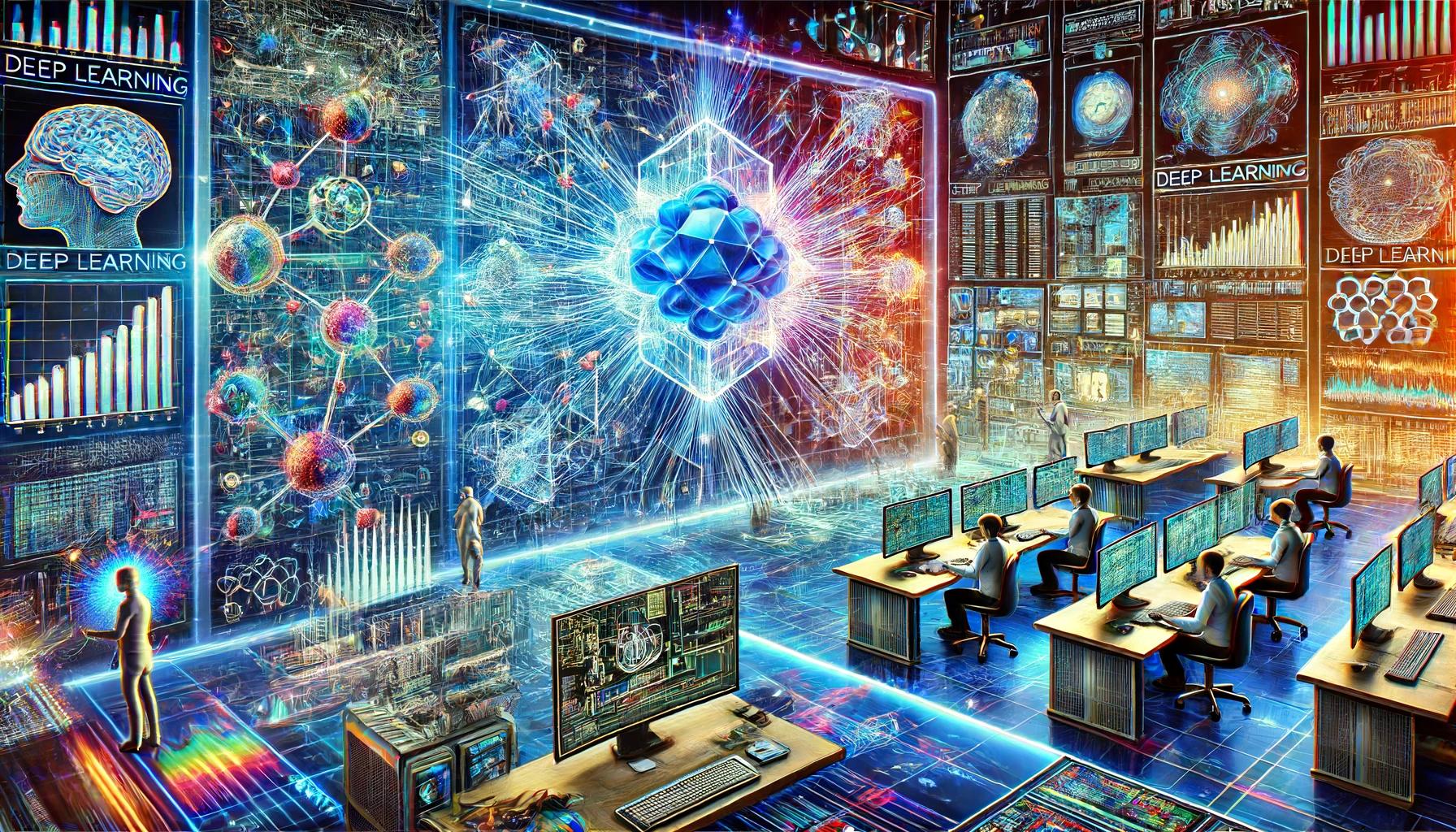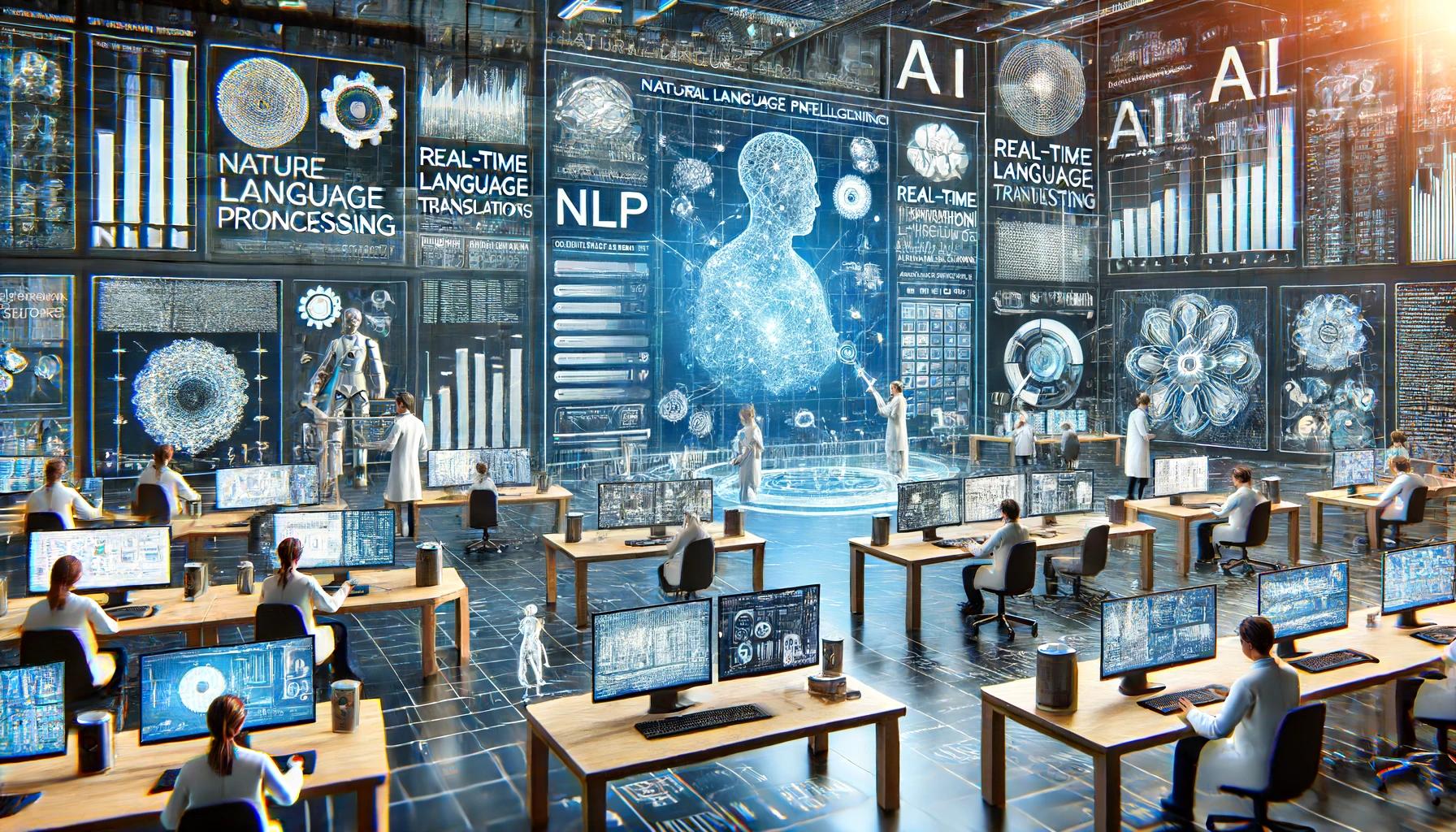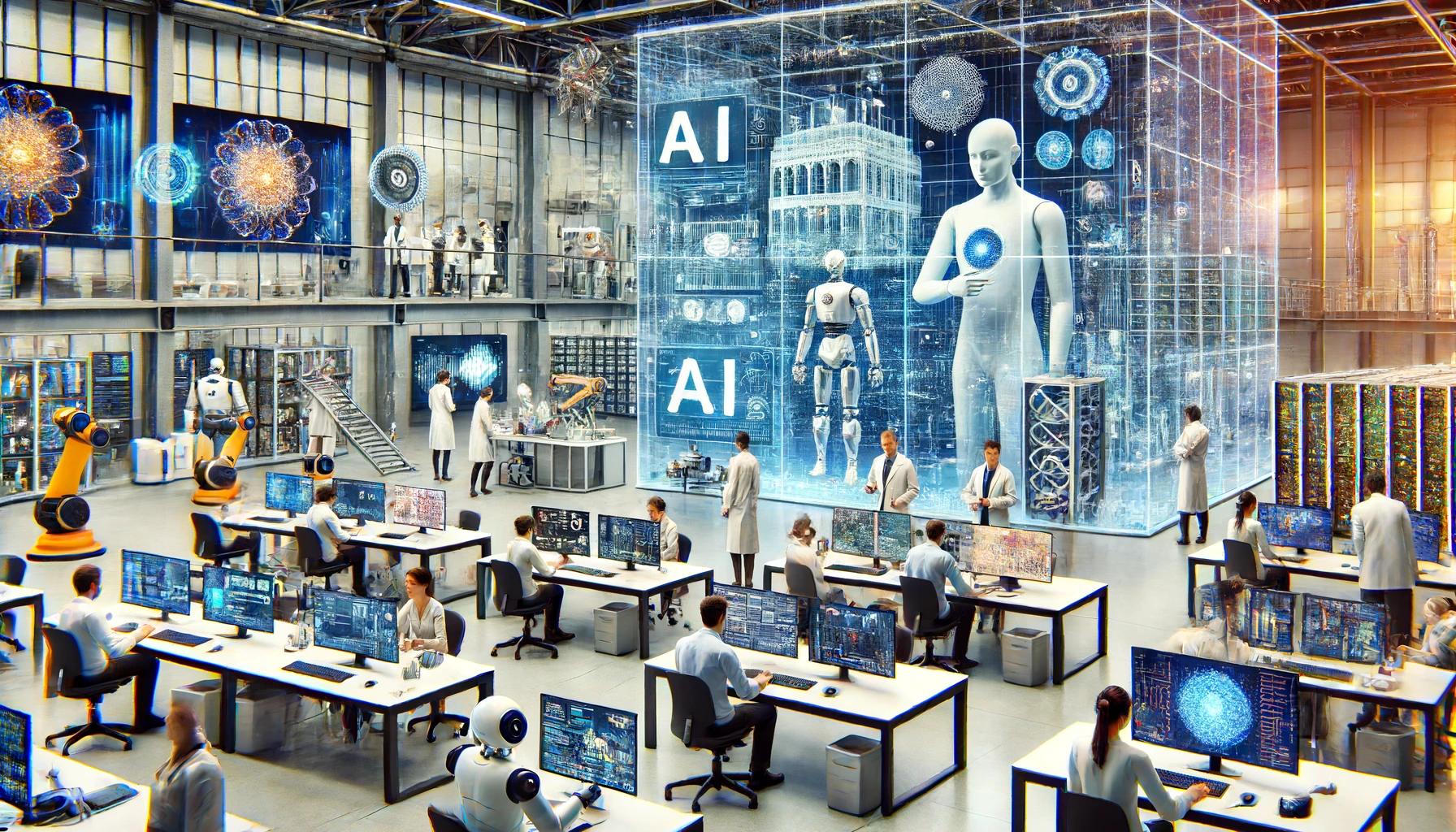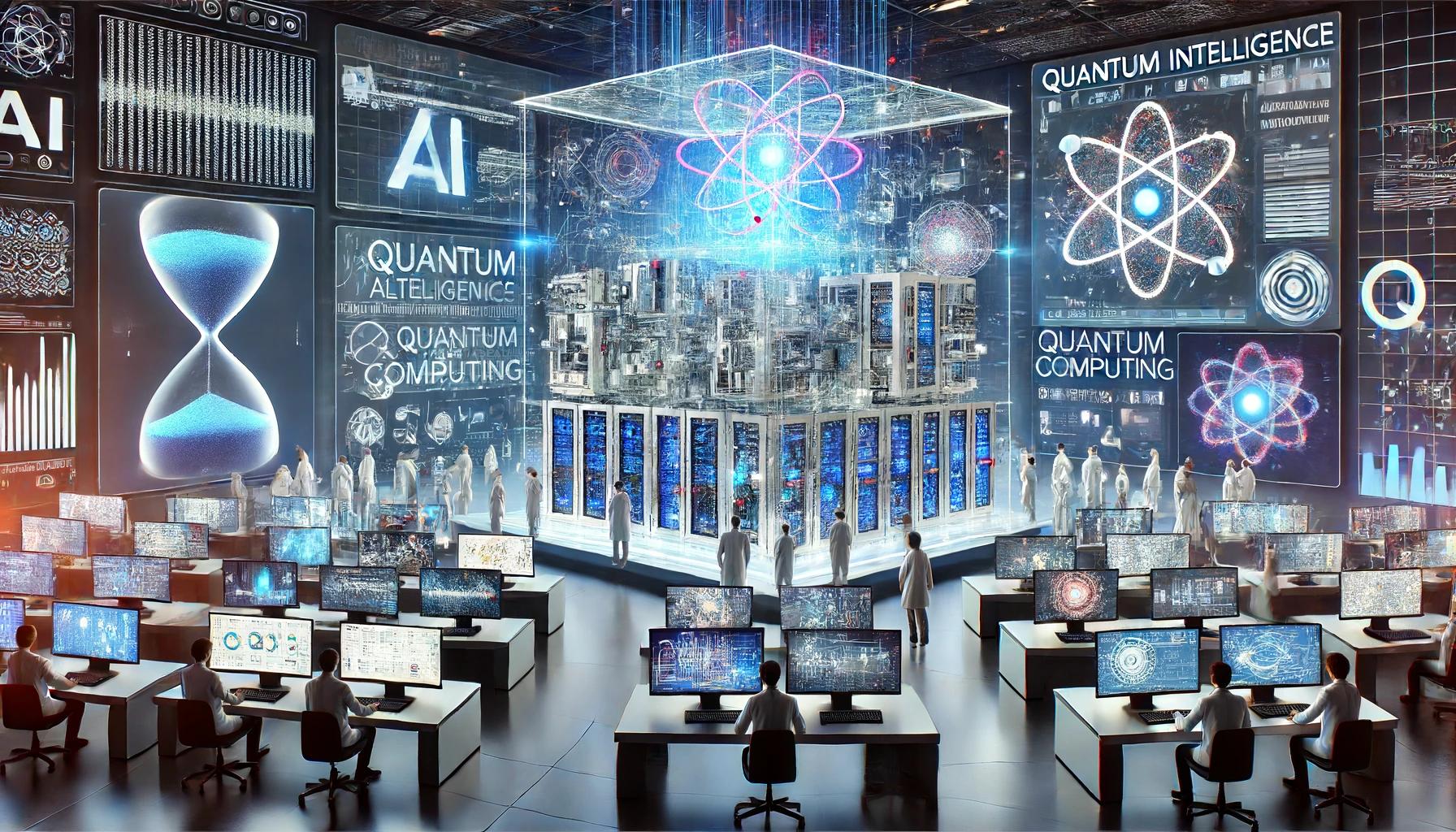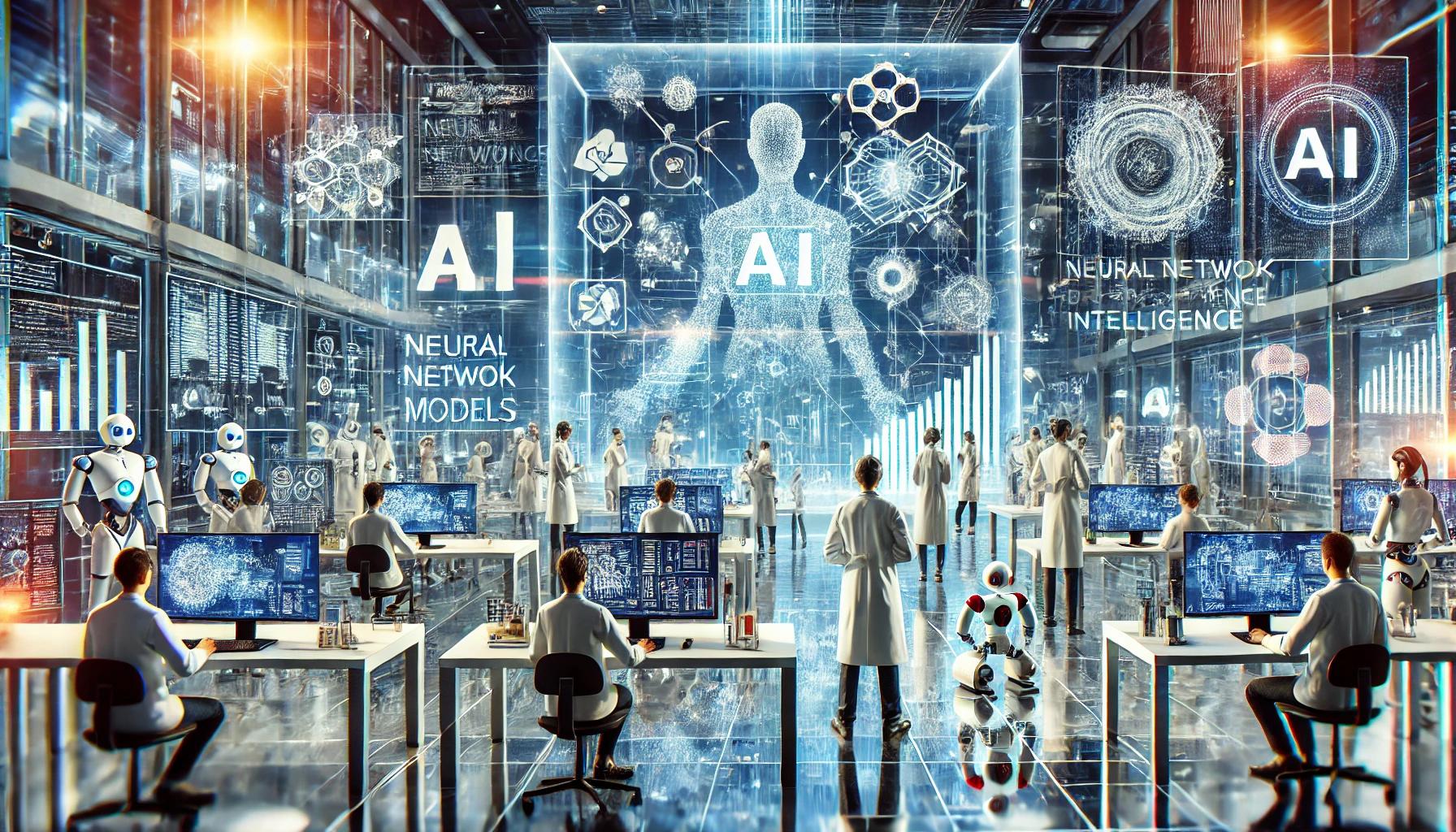Deep learning, a subset of artificial intelligence (AI), leverages neural networks with three or more layers to analyze various types of data and produce high-accuracy results. This technology mimics the way the human brain operates, allowing machines to solve complex problems. As a significant part of machine learning, deep learning has numerous applications across different sectors, ranging from healthcare to finance.
- Healthcare Applications
- Disease Diagnosis
- Personalized Treatment Plans
- Drug Discovery
- Financial Sector Applications
- Fraud Detection
- Algorithmic Trading
- Customer Service Automation
- Retail and E-commerce Applications
- Personalized Recommendations
- Inventory Management
- Dynamic Pricing
- Autonomous Vehicles
- Self-Driving Cars
- Advanced Driver Assistance Systems (ADAS)
- Natural Language Processing (NLP)
- Language Translation
- Sentiment Analysis
- Chatbots and Virtual Assistants
- Conclusion
Healthcare Applications
Disease Diagnosis
Deep learning algorithms are revolutionizing disease diagnosis. They analyze medical images such as X-rays, MRIs, and CT scans to detect abnormalities with remarkable accuracy. For example, convolutional neural networks (CNNs) can identify early signs of diseases like cancer, leading to timely treatment and better patient outcomes.
Personalized Treatment Plans
Deep learning models can predict patient responses to various treatments by analyzing medical histories and genetic information. This enables the creation of personalized treatment plans that are more effective than traditional one-size-fits-all approaches. These tailored treatments improve patient care and reduce the risk of adverse reactions.
Drug Discovery
The pharmaceutical industry benefits significantly from deep learning, particularly in drug discovery. Algorithms can analyze vast datasets of chemical compounds to identify potential new drugs. This accelerates the development process, reducing costs and bringing life-saving medications to market faster.
Financial Sector Applications
Fraud Detection
Deep learning is crucial in detecting fraudulent activities in financial transactions. By analyzing patterns and behaviors, algorithms can identify anomalies that may indicate fraud. This proactive approach helps financial institutions prevent significant losses and protect customer assets.
Algorithmic Trading
Deep learning models are employed in algorithmic trading to analyze market data and make real-time trading decisions. These models can predict market trends and optimize trading strategies, leading to higher returns on investments. This application is transforming the finance industry by enabling more efficient and profitable trading.
Customer Service Automation
Financial institutions use deep learning to enhance customer service through chatbots and virtual assistants. These AI-powered tools can handle routine inquiries, provide personalized financial advice, and improve overall customer experience. This automation allows human agents to focus on more complex tasks, increasing productivity.
Retail and E-commerce Applications
Personalized Recommendations
Deep learning algorithms analyze customer behavior to provide personalized product recommendations. By examining purchase history, browsing patterns, and preferences, these models can suggest items that are more likely to interest the customer. This personalization increases sales and customer satisfaction.
Inventory Management
Deep learning helps retailers optimize inventory management by predicting demand for various products. By analyzing sales data and market trends, these models ensure that the right amount of stock is available at the right time, reducing both overstock and stockouts. This leads to more efficient operations and higher profits.
Dynamic Pricing
Retailers use deep learning to implement dynamic pricing strategies, adjusting prices in real-time based on demand, competition, and other factors. This approach maximizes revenue and ensures competitive pricing, benefiting both the retailer and the customer.
Autonomous Vehicles
Self-Driving Cars
One of the most exciting applications of deep learning is in the development of autonomous vehicles. Deep learning algorithms process data from sensors, cameras, and LIDAR to navigate and make driving decisions. This technology has the potential to reduce accidents, improve traffic flow, and provide mobility to those unable to drive.
Advanced Driver Assistance Systems (ADAS)
Even before fully autonomous vehicles become mainstream, deep learning is enhancing current vehicles through ADAS. These systems use deep learning to provide features like lane-keeping assistance, adaptive cruise control, and automatic emergency braking, improving overall road safety.
Natural Language Processing (NLP)
Language Translation
Deep learning has significantly improved the accuracy and fluency of machine translation systems. Models like Google Translate use deep learning to understand and translate text between different languages, breaking down communication barriers and facilitating global interaction.
Sentiment Analysis
Businesses use deep learning for sentiment analysis to gauge public opinion about products, services, or brands. By analyzing social media posts, reviews, and other text data, these models can determine the sentiment expressed and help companies make informed decisions.
Chatbots and Virtual Assistants
NLP-powered chatbots and virtual assistants, such as Amazon’s Alexa and Apple’s Siri, rely on deep learning to understand and respond to user queries. These AI systems improve over time, providing more accurate and useful responses, enhancing user experience.
Conclusion
Deep learning is a transformative technology with applications across various sectors. Its ability to analyze complex data and produce accurate results makes it invaluable in healthcare, finance, retail, automotive, and beyond. As deep learning continues to evolve, it will undoubtedly bring about even more innovative solutions, driving progress and improving lives.
For further reading on deep learning and its applications, you can explore the following links:
